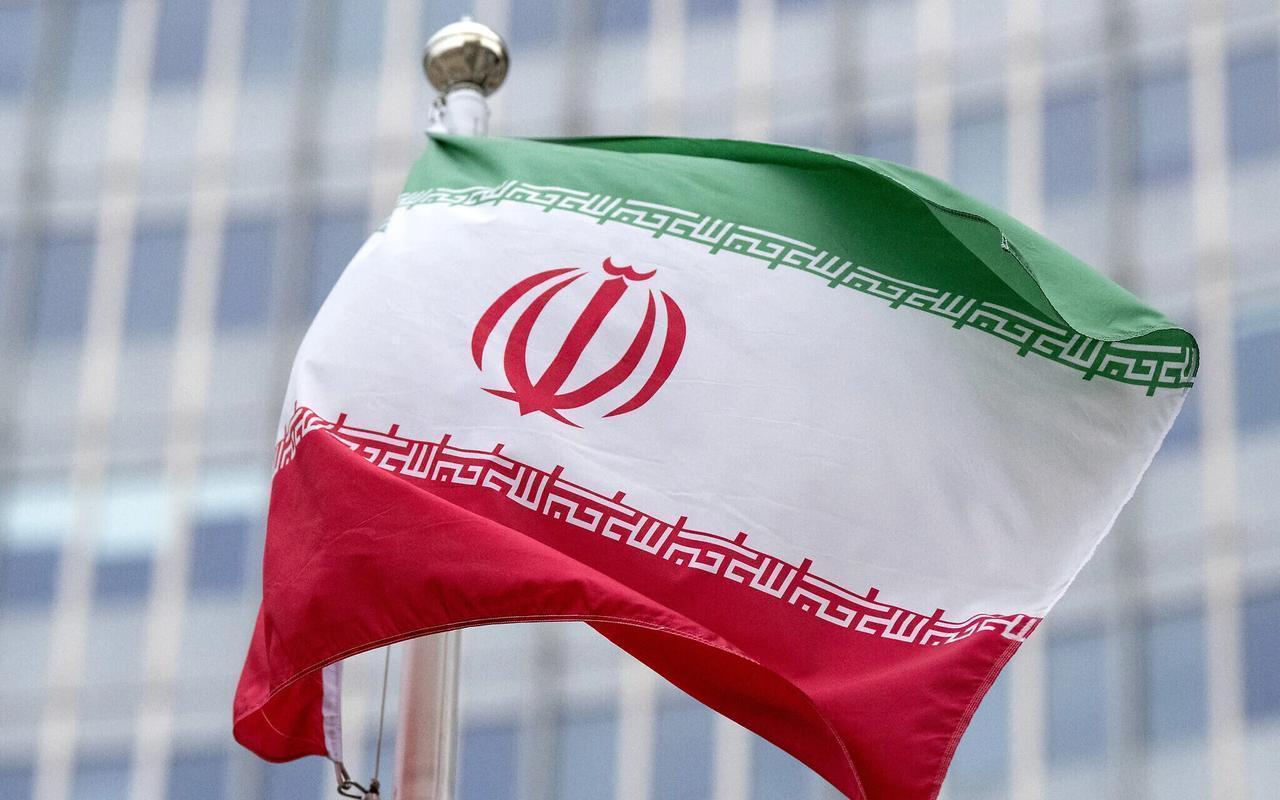
Iran has directly warned the UN's nuclear watchdog that Israeli strikes on its atomic facilities could drive Tehran to develop nuclear weapons or withdraw from the Non-Proliferation Treaty, the agency's top official said Monday.
Rafael Grossi, director-general of the International Atomic Energy Agency, told The Jerusalem Post that Iranian officials made the threat during face-to-face meetings with him.
"A strike could potentially have an amalgamating effect, solidifying Iran's determination – I will say it plainly – to pursue a nuclear weapon or withdraw from the Treaty on the Non-Proliferation of Nuclear Weapons," Grossi said. "I'm telling you this because they have told me so directly."
The warning comes as Iran has accumulated enough highly enriched uranium to potentially produce about 10 nuclear weapons, according to recent IAEA assessments. Tehran has enriched uranium to 60% purity, approaching the 90% threshold needed for weapons-grade material.
However, Grossi emphasized that possessing enriched uranium does not equate to having functional nuclear weapons. "None of this means that they have the bomb," he said. "There are numerous activities, technologies, and developments still needed to turn this material into something that can actually function as a weapon."
Intelligence estimates suggest Iran would need several months to a year to resolve remaining technical challenges for nuclear weapons development.
Grossi also expressed skepticism about Israel's ability to significantly damage Iran's nuclear infrastructure, particularly underground facilities. "The program runs wide and deep. And when I say 'deep,' I mean it," he said. "Many of these facilities are extremely well-protected. Disrupting them would require overwhelming and devastating force."
The IAEA chief referenced Iran's heavily fortified nuclear facilities at Fordow and Natanz, built beneath mountains and considered beyond the reach of conventional Israeli weaponry without American bunker-busting capabilities.
Monitoring restrictions create knowledge gaps in nuclear oversight
Iran has progressively restricted IAEA monitoring since 2021, creating what Grossi called a "knowledge gap" in oversight activities. The agency recently discovered traces of enriched uranium at undeclared sites, raising questions about undisclosed nuclear work.
"We discovered traces of enriched uranium in places where there shouldn't have been any nuclear activity," Grossi said. "If we found those traces, what was happening there? Where is the uranium that left those traces?"
Iran's responses to these findings have been "not satisfactory," according to Grossi.
The nuclear standoff has intensified since President Donald Trump withdrew the United States from the 2015 nuclear deal in 2018. Current negotiations between Trump's special envoy Steve Witkoff and Iranian Foreign Minister Abbas Araghchi face significant obstacles, with Trump demanding Iran abandon uranium enrichment while Iran's Supreme Leader insists on maintaining enrichment rights.
Despite the challenges, Grossi believes an agreement remains possible. "I see a lot of merit in President Trump's outreach to Iran, saying, 'Listen, we need to sit down and address this issue. Otherwise, this might escalate into another military conflict,'" he said.
Any new nuclear agreement would require enhanced IAEA oversight to address current monitoring limitations, Grossi emphasized. "Without the ability to fill the current knowledge gap, how can I, as the director-general of the IAEA, sign off on a document guaranteeing what Iran has or does not have?"
The nuclear crisis has regional implications beyond Iran, with Grossi warning of a potential "domino effect" if Tehran acquires nuclear weapons. "There is an international consensus. The Iranians know this, too," he said.